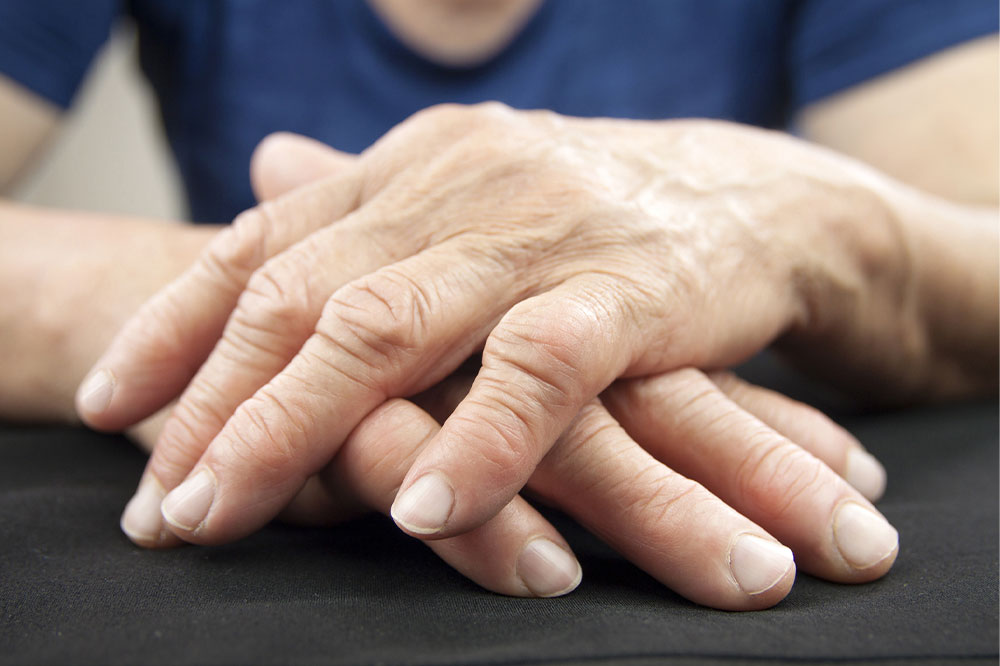7 tips for living better with rheumatoid arthritis
Rheumatoid arthritis is a long-lasting, autoimmune condition that causes joint pain, swelling, and stiffness. Over time, rheumatoid arthritis can lead to loss of joint function and other bodily damage. To manage the symptoms and cope with the illness, one can try home remedies and lifestyle changes alongside receiving professional treatment to reduce inflammation. Here, we’ve shared some of the best tips to manage rheumatoid arthritis.
Maintain a healthy BMI
A crucial step in managing rheumatoid arthritis is shedding extra pounds.

Avoid red meat
Many cuts of red meat, such as beef, pork, and lamb, are loaded with saturated fats. This type of fat can aggravate inflammation and contribute to an imbalanced BMI. Furthermore, red meat contains omega-6 fatty acids, promoting inflammation if consumed in excess. People who can’t do without red meat should choose lean cuts of the meat, as it offers protein and other nutrients without causing inflammation.
Be physically active
Although rheumatoid arthritis tends to make moving around difficult, it’s essential to be physically active to deal with various aspects of the disease. It can help relieve joint pain, strengthen the bones, reduce inflammation, and enhance joint flexibility. Plus, it’s good for the heart and lungs and helps maintain a healthy BMI. Engage in 30 minutes of cardio every day and weight training at least twice a week.
Steer clear of fried foods
Fried foods, such as French fries, fried chicken, and donuts, are the worst foods for people with rheumatoid arthritis. These foods contain plenty of trans fats, promoting inflammation, leading to an imbalanced BMI. It’s also crucial to note that when foods are fried at higher temperatures, they release toxins called advanced glycation end products (AGEs), associated with increased inflammation in the body.
Get long, quality sleep
While rheumatoid arthritis can make it difficult to fall and stay asleep, lack of sleep can make symptoms, especially pain, worse. Nevertheless, it’s crucial to make a few efforts to get restful sleep for about 8 hours every night. So avoid caffeine late in the day, limit screen time before bed, and work out during the day. If there’s still no improvement, it’s advisable to speak to a doctor.
Limit sugar and refined carbs
Anything high in sugar and refined carbohydrates is an inferior food choice for living better with rheumatoid arthritis. These foods are packed with simple carbohydrates that are easily broken down by the body, causing a spike in blood sugar levels. This triggers the body to release pro-inflammatory chemicals called cytokines, which can exacerbate symptoms. In addition, these foods can easily lead to gaining pounds.
Reduce stress
Studies show that psychological stress can trigger and worsen rheumatoid arthritis symptoms. So, it’s vital to try to reduce stress in daily life. There are numerous ways to lower mental pressure. One can meditate, perform deep-breathing exercises, practice yoga, take walks in nature, spend time with pets, or engage in their favorite hobby.















